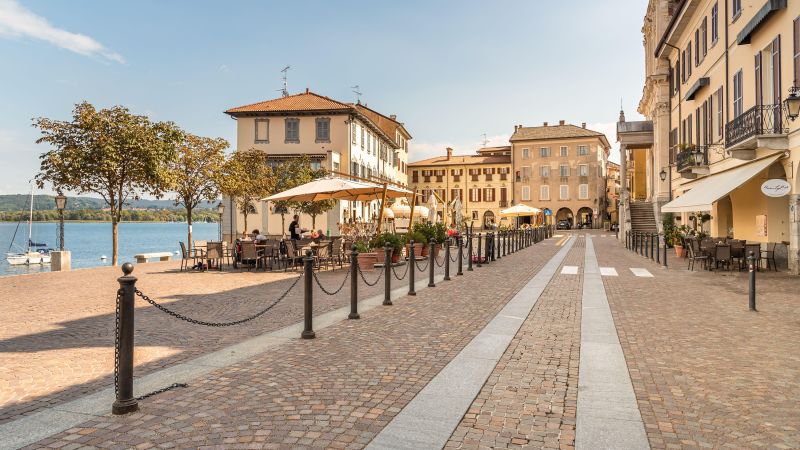
Retiring abroad can mean more bureaucracy than bruschetta. But it’s growing in popularity
CNN
Laura Barnett has always had a bit of wanderlust.
Laura Barnett has always had a bit of wanderlust. When she was a kid, her father took a job as a teacher with the US Department of Defense and moved his family from rural Kentucky to Poitiers, France, which is when the travel bug hit. She’s been to over 38 countries in her 54 years. But during the pandemic, something changed. Travel was impossible, and her life in Fayetteville, North Carolina, started to feel small. “I just got sick of living in suburbia. It felt like the world was potentially going to end, and I [said to my husband], ‘dude, I don’t think we’ve done everything we want to do.’” She brought up the idea of moving to Portugal. As America’s retirement crisis grows, so too does the dream of retiring abroad where cities are walkable, social services plentiful and the cost of living affordable: Gelato in the piazza, white sand and year-round sun, little villages tucked into ocean coves and cheap health care all sound pretty good. But while retirees might imagine spending their golden years full of pasta and palazzos, the realities of moving abroad are much less romantic. There’s often more bureaucracy than bruschetta.













